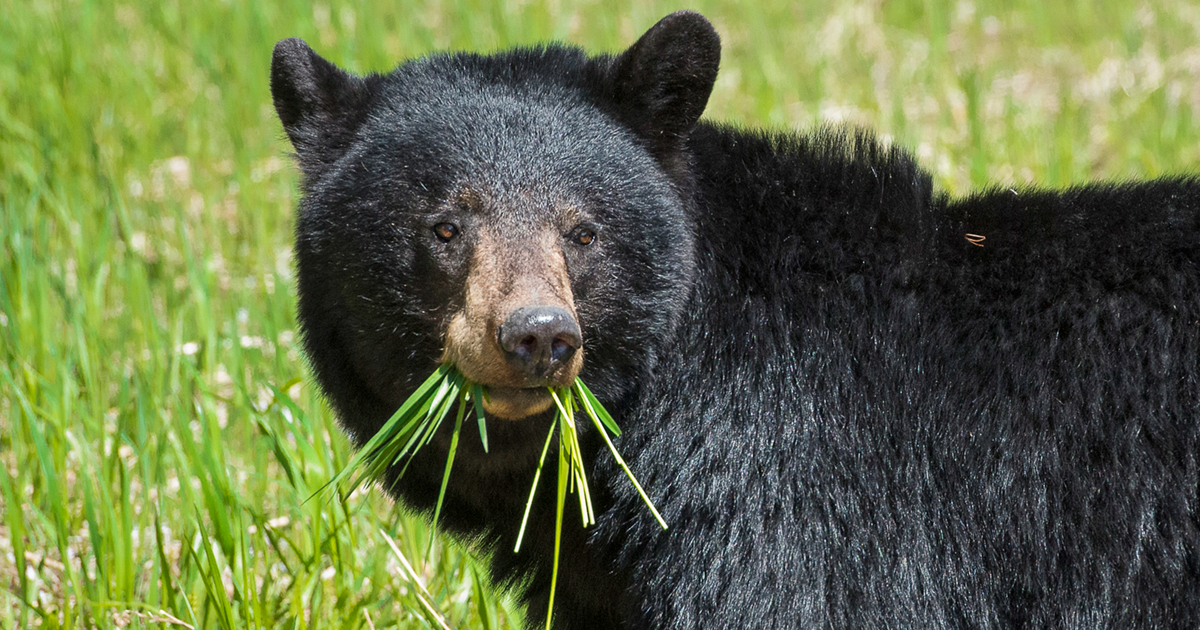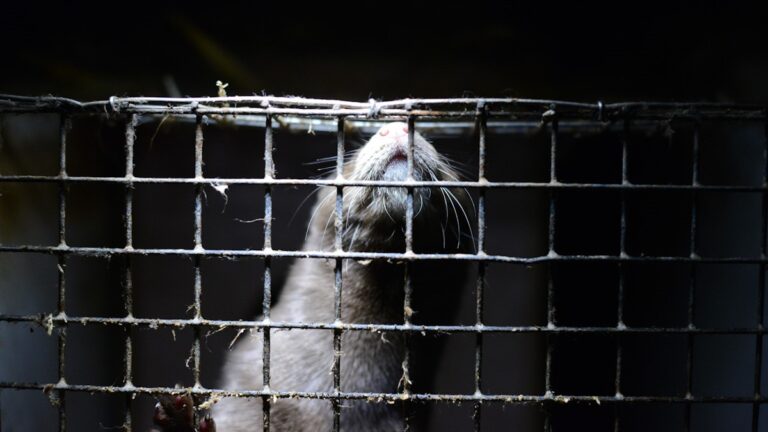
Photo by 1827photo / Getty Images
Bears and other wildlife are seeking easy spring snacks, so The Fur-Bearers have come up with a five-point check list to help your community reduce negative encounters.
Identifying attractants – items that entice animals, commonly food – and removing them from our properties is important as bears who are believed to be regularly consuming human-sourced (anthropogenic) foods are frequently killed by conservation officers or other government agents. Lives of bears and other wildlife can be saved by using this checklist around your home and sharing it with friends, family and neighbours!
- Stash Your Trash! Garbage (as well as other waste like recycling) should be kept in a wildlife resistant waste receptacle and secured as advised by your municipality. Get tips on wildlife resistant garbage containers here: https://stashyourtrash.ca/resources/
- Keep pet food indoors. Dried or wet pet food will cause cats and dogs to come running, and it’ll do the same for wildlife, including bears. Keeping pet food indoors and feeding pets indoors will reduce the odds of wildlife being attracted. If pets are fed outdoors, keep the area tidy and clean after mealtime.
- Barbecues and citronella. Spring and summer memories come quickly when the smell of barbecued veggies or citronella candles drift by. But they both are sirens for wildlife: remember to clean your grill, check grease traps, and use alternatives to citronella if bears are in the area.
- Bird feeders. High calorie seed isn’t just for the birds, it’s a snack everyone in an ecosystem will enjoy. Consider taking down bird feeders. In bear country, bird feeders should be removed for most of the year. Contact your local naturalist group, SPCA or municipal animal services regarding by-laws and health risks related to local bird feeders, as well.
- Vehicles and sheds. Bears and other wildlife will take advantage of easy pickings, and food left in unsecured vehicles or sheds are prime locations for fast snacks. Remove any food or potential attractants from vehicles and sheds and ensure they are secure and locked.
Poor attractant management unfortunately remains a reason too many wild animals are killed in British Columbia and across Canada every year. Help us spread the word and reduce negative outcomes for wildlife in Canada by sharing this article with your social media contacts by using the buttons below.
